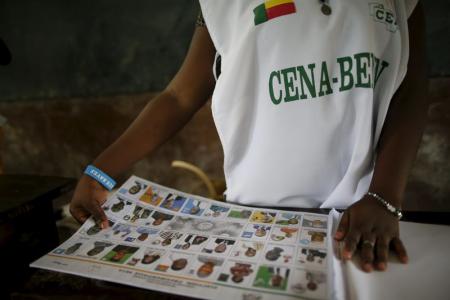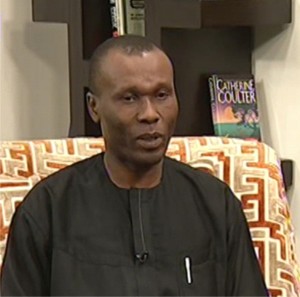The United Nations Security Council has recently traveled to northern Mali to push for implementation of a fragile peace deal aimed at ending a cycle of internal uprisings and allowing the government to combat the growing threat of Islamist militants.
Tuareg rebels demanding autonomy for their northern homeland, the government and pro-Bamako militias signed the U.N.-backed accord last year, pledging to end decades of hostilities.
Political analysts, however, say confidence has steadily eroded, slowing peace initiatives on the ground. The government and the Tuareg rebel alliance – Coordination of Azawad Movements (CMA) – have accused each other of stalling on implementation.
“With the application of the peace agreement, the people will be able to feel the dividends of peace,” Francois Delattre, France’s ambassador to the United Nations, said during a trip to the northern towns of Timbuktu and Mopti.
French forces intervened in 2013 to drive back Islamist fighters that hijacked the Tuareg uprising to seize Mali’s desert north a year earlier, citing concern that the area could become a launching pad for attacks on targets in Europe.
A U.N. peacekeeping mission was then deployed. But the militants have since reorganised and launched a wave of attacks against security forces, peacekeepers and civilian targets that has extended well beyond northern Mali and into neighbouring countries.
Two high-profile attacks on luxury hotels in the Malian capital Bamako and Ouagadougou, the capital of neighbouring Burkina Faso, since late last year have exposed the growing capacity of groups like al Qaeda in the Islamic Maghreb (AQIM).
Ending the cycle of Tuareg rebellions is seen as vital to allowing the Malian army and its international partners to take on Islamist groups.
“You must have the effective presence of the state everywhere in Mali. We know Mali is a vast territory … that’s why you need the implementation of the peace deal,” said Ismael Abraão Gaspar Martins, the U.N. ambassador from Angola, which holds the council’s rotating presidency this month.
The Security Council members met with local government officials as well as civil society and religious leaders in Mopti and Timbuktu.
They are due to sit down with the representatives of the armed groups in the capital Bamako on Sunday.
U.N. Pushes Implementation of Peace Deal in Mali
07/03/2016- 0



